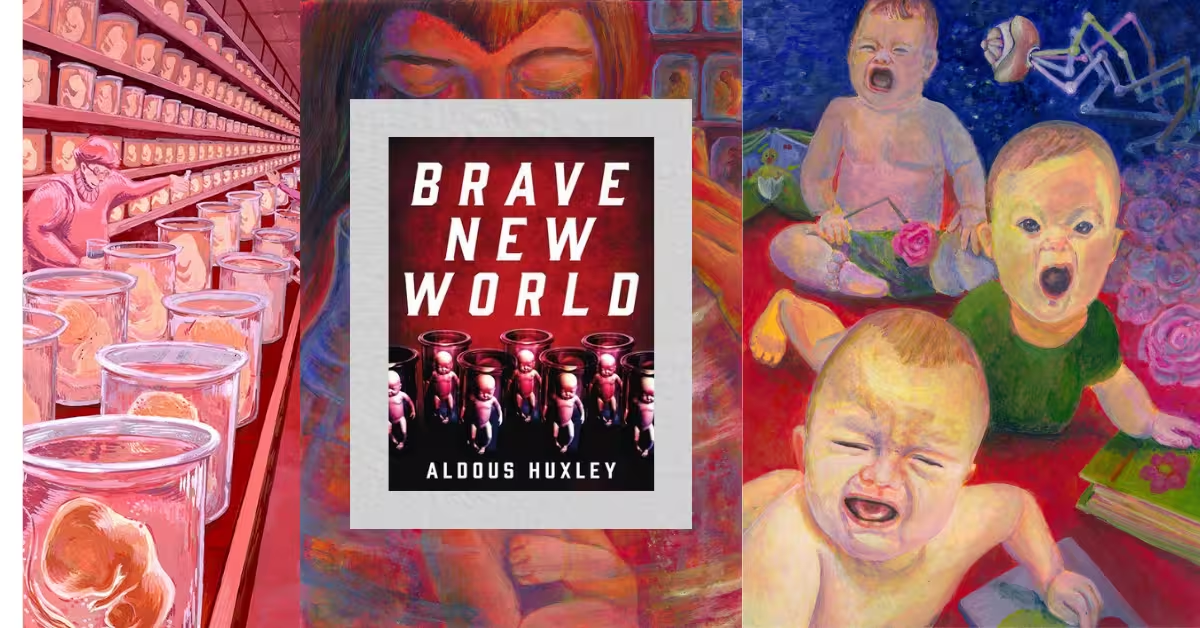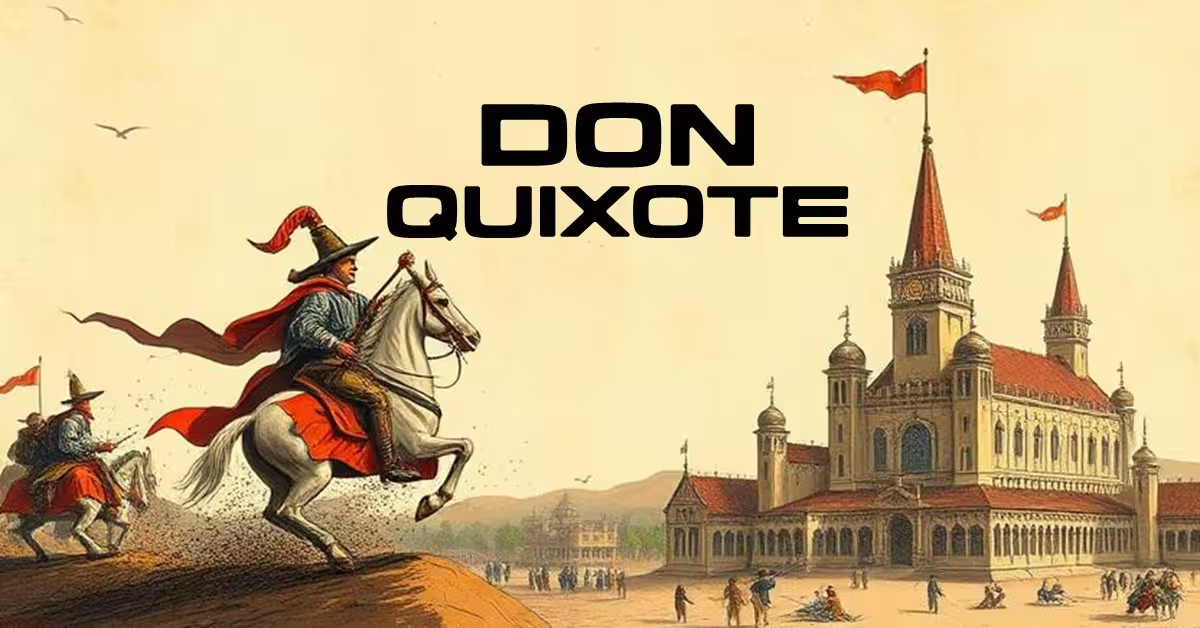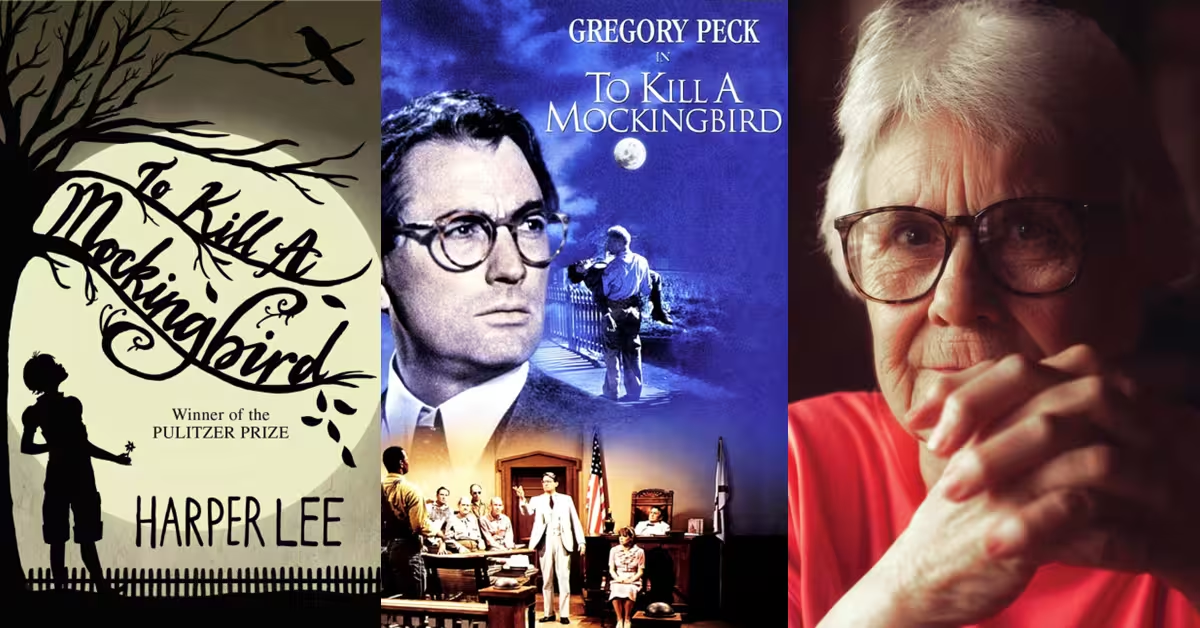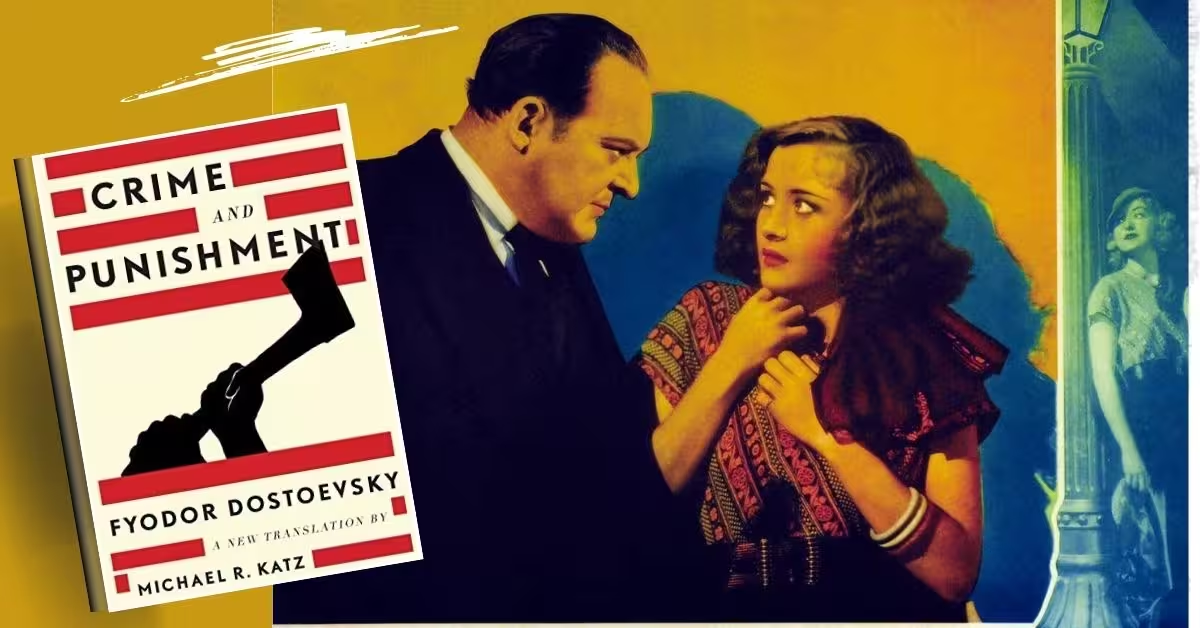Last updated on May 13th, 2025 at 10:01 am
Gillian Anderson, renowned for her iconic roles and groundbreaking advocacy, has once again pushed boundaries with her latest book, Want: Sexual Fantasies by Anonymous.
The book was released on September 17, 2024, Want is a transformative exploration of female desire that offers an unprecedented look into the hidden world of women’s fantasies.
Here’s your ultimate guide to understanding the depth and impact of Anderson’s compelling new work.
Table of Contents
The Concept Behind Want
Want is not just another book about sex; it is a revolutionary project that delves into the private, often unspoken realms of female fantasy.
Anderson, inspired by Nancy Friday’s 1973 classic My Secret Garden, sought to create a contemporary version that captures the evolving landscape of women’s desires. The book features a curated collection of fantasies submitted anonymously by women from around the globe.
These submissions, totaling an impressive 800,000 words, were carefully selected to reflect a diverse array of experiences and emotions.
The Power of Anonymity
One of the most compelling aspects of Want is its use of anonymity. By inviting women to share their fantasies without revealing their identities, Anderson has created a safe space where contributors could express their desires without fear of judgment or societal repercussions.
This approach not only encourages honesty but also underscores the book’s commitment to exploring the complexities of female sexuality in a respectful and non-exploitative manner.
Background
Gillian Anderson’s Want: Submitted by Anonymous (Bloomsbury, 2024) is not a typical book. It is a curated confessional. A sociocultural document. A space of shared longing and unresolved need.
In this deeply provocative anthology of anonymous letters, Anderson steps back not as a writer but as a curator of desire, positioning herself somewhere between Nancy Friday’s groundbreaking My Secret Garden (1973) and the intimate honesty of modern feminist confessionals.
In 2023, Anderson and her publishers put out a global call for women and gender-diverse individuals to submit letters detailing their innermost sexual fantasies. The project quickly grew into something far more expansive — receiving over 800,000 words across countless submissions, eventually culled into this single volume.
Key Framing Quote (from Anderson’s introduction):
“Reading the letters gave me so much more than simply an insight into women’s imaginary sexual worlds; it also granted me a look-in to the circumstances in which fantasies come into play”.
This book isn’t pornographic. It’s not erotic literature in the traditional sense. Rather, Want is a sociological treasure trove — a compendium of truths we rarely say aloud. These are truths that live between public restraint and private imagination.
They are often contradictory, full of longing and shame, pride and pain, resistance and submission. They don’t form a thesis. They form a collective heartbeat.
While Anderson doesn’t claim expertise in psychology or sexology, her honesty, curiosity, and careful stewardship give this work credibility. She also includes her own anonymous fantasy, buried among the letters — a gesture that underscores the theme of equality and the shared fragility of longing.
“This book is a platform for the voices of women, to enable us, in complete anonymity, not only to share but, paradoxically, to be seen and heard”.
Themes
1. The Multiplicity of Desire
Desire is not singular. That is perhaps the most important philosophical underpinning of Want. Women and genderqueer people express attraction across ages, genders, social roles, and psychological registers.
The fantasies range from deeply romantic to violently primal. Some express love as power, others power as escape.
Anderson remarks that:
“No woman has one sole identity… For me, sex has never felt like a static entity but rather something that adapts and changes as I grow and change”.
That fluidity is echoed by nearly every contributor. A single letter might swing between longing for tenderness and craving degradation. There is no monolith. Female desire refuses uniformity — and that refusal is political.
2. Shame and Self-Censorship
Despite living in an ostensibly progressive era of sex positivity, many writers confess overwhelming shame. Shame for their fantasies, for their kinks, for even desiring in the first place.
“I often find myself questioning the shame that comes along with my desires. Is everyone ashamed and pretending not to be?”.
This shame, Anderson notes, seems alarmingly similar to the letters Nancy Friday received in the 1970s. The implication? Despite sexual liberation, emotional repression remains internalized. Women still fear being ‘too much’ — too needy, too horny, too queer, too loud, too kinky.
This is particularly intense in contexts of religious upbringing, cultural conservatism, or heteronormative marriages.
3. Fantasy as Survival
Perhaps most powerfully, Want reveals that sexual fantasy isn’t merely recreational. For many, it’s vital. A coping mechanism. A rebellion. A secret form of spiritual resistance.
One woman writes:
“I feel like fantasising gives me the will to live”.
Others echo similar sentiments: women in abusive relationships, women with asexual or uninterested partners, widows grieving lost intimacy, or survivors of sexual trauma. In these letters, fantasy becomes oxygen. It’s where agency returns.
Anderson underscores this:
“Fantasy can help crystallise our wants and needs… it can free us to explore ourselves, to experiment with our arousal and our desire without risk of harm or criticism”.
4. Bodies and Invisibility
A deeply recurring theme is body image — not only dissatisfaction but detachment. Many women imagine others in their place, constructing alter egos — thinner, perkier, younger, sexier.
“My sexual fantasies can include everything and anything. The only thing that is never included is me”.
That sentence cuts like a blade. Even in their own dreams, women often feel unworthy of desire. Their imagined selves must be edited or replaced. The psychological wound of objectification and self-loathing runs deep.
And yet, other contributors embrace their real bodies — older, disabled, trans, fat, post-childbirth — and reclaim erotic power from within them. There is no consensus. Only variations of yearning.
5. Power and Control
Control — and its surrender — emerges as one of the most dominant desires. Women in positions of responsibility fantasize about submission; others long to dominate. These aren’t about abuse but about emotional recalibration.
“I want someone to tell me what to do and what to say… I want to trust someone to the point where I feel safe while being controlled”.
Fantasy becomes a place to flip the script. For many, it’s not about replicating trauma, but discharging tension — the tension of being always responsible, always strong, always composed.
6. Desire resists the binary.
Want doesn’t fit into neat labels. Women write about wanting to be loved, to be used, to use others, to be both dominant and submissive.
“Is it possible to be simultaneously attracted to cuteness and to roughness?”
“Maybe I’m just attracted to contradiction”.
These tensions aren’t errors. They’re truths. Want proves that the authentic human psyche is not linear, and neither is libido.
7. Many women remove themselves from their own fantasies.
A quietly devastating thread runs through the book: women fantasizing not as themselves, but as an invented persona, or not at all.
“My sexual fantasies can include everything and anything. The only thing that is never included is me”.
“I created a dark-haired woman named Harriet who would replace me in every fantasy”.
Even in private, for many, the self is not safe enough to be present. That reveals just how deeply self-image wounds can shape erotic thought.
8. Marriages often silence libido, not for lack of love but for lack of honesty.
Multiple letters echo this theme — women in loving, functional, even joyful marriages… where desire has atrophied.
“We hold hands walking down the street, but in bed we face apart. Not from anger, but from tiredness. From contentment. Resignation”.
These aren’t broken relationships. But they are emotionally paused. Desire, in such contexts, is often exiled to the imagination.
9. Sexual fantasy is grief work.
In one of the most heartbreaking and human entries, a widow writes:
“Because the sex was great, I guess, it is something that I associate very strongly with my husband’s living being… nothing can really take the place of the spouse you have lost”.
Here, fantasy becomes not arousal, but mourning. A way to maintain contact with intimacy, even when the partner is gone.
10. Technology changes what we want — and how we want.
Women fantasize about sex robots, digital lovers, futuristic devices that mimic penises.
“I long for technology able to make me feel like I have a penis”.
“Several women see the appeal of a fully functioning, highly realistic male robot that can satisfy their every sexual whim”.
This isn’t just sci-fi. It’s psychological evolution — a reshaping of desire in the image of modern tools and autonomy.
11. Fantasy often addresses what reality denies.
Unprotected sex, wild passion, physical worship — often denied in real life due to age, rejection, trauma, parenting, or illness — comes alive in fantasy.
“I want someone to stroke my hair and my skin, someone to tell me that they desire me… I want to be worshipped and to worship”.
“I have a fantasy where I am approached by an older woman who dominates me. It’s the only thing that makes me climax”.
In this way, fantasy fills the cracks left by life. And those cracks are often the most tender spaces.
12. Real sex often fails — and that’s where fantasy steps in.
Some women describe deep loneliness in relationships where sex is dutiful or mechanical.
“The sex life was pretty non-existent… I began to build a fantasy world. It opened up a whole new world”.
“I want to retreat into my fantasy world, but for him, I try to stay present”.
This leads to an important insight: fantasy is not the opposite of reality. It often compensates for it.
13. The disabled, widowed, and asexual are too often excluded from narratives of desire
“I’m a disabled person with a childhood history of sexual abuse who enjoys sex as an adult”.
“I’m asexual but I do have sex, I do masturbate and I do fantasise”.
These stories demand that we expand our framework for sexual validity. Desire is not reserved for the young, straight, cis, or able-bodied.
14. Erotic imagination can be ritualistic, even spiritual.
One contributor describes her fantasy of being proposed to not just as a daydream but as a meditation:
“I would call it a ‘masturtation’: something between masturbation and meditation”.
This isn’t flippant. It reveals how erotic rituals can carry the same weight — and sanctity — as prayer or grief. Fantasy is more than arousal. It’s meaning-making.
15. Emotional truth trumps graphic detail.
What’s most impactful about Want isn’t how “raunchy” it is, but how emotionally raw it gets.
As Anderson notes:
“The letters and interviews were astonishingly intimate and very raw… They seemed to come straight from the mysterious heart of women’s innermost yearning”.
It’s not about what people are doing in these fantasies. It’s about what they’re missing, seeking, fighting for, or clinging to.
16. The final revelation: Women don’t just want sex. They want to be seen, understood, and validated.
“Many women want to share, they want to be heard, seen and validated – and, well, quite simply, they want”.
The title Want doesn’t just reference sexual desire. It’s existential. These women want freedom. They want to be touched. Respected. Unapologetically desired. They want to feel alive.
Want as Cultural Mirror and Emotional Archive
At its most surface level, Want is a collection of anonymous sexual confessions.
But if you stay with it — really read it, not for titillation but with human empathy — the book begins to reshape itself into a mirror. Not a clean mirror, no. A cracked, softly smudged, candle-lit one. And in it, we glimpse ourselves — our contradictions, longings, silences, lies, hopes.
Anderson, without the clinical tools of an academic or psychologist, offers us something better: emotional clarity and social courage. She frames these letters not as curiosities or case studies but as offerings — raw transmissions of the soul. She doesn’t edit the women’s words into digestible soundbites. She lets them stand in all their messy, vulnerable, glorious, uncomfortable humanness.
And in doing so, she proves something critical:
To want — to really want — is to live.
This book is about sex, yes. But more importantly, it’s about aliveness. About yearning in a world that teaches women to mute themselves.
Sexuality as Internal Geography
Reading Want is like unfolding a psychic map of hundreds of interior landscapes. These terrains are often contradictory — asexuals with rich fantasy lives, married women craving strangers, trans women wanting to be seen as symbols of desire, religious women praying and masturbating in the same breath.
And there’s nothing incoherent about that. As Anderson reflects:
“Sex has never felt like a static entity but rather something that adapts and changes as I grow and change”.
Sexuality is not an endpoint. It’s a spectrum of states — emotional, bodily, social, philosophical. It morphs with time, context, hormones, grief, love, and technology. That’s why every letter reads so differently — not because they come from different people, but because desire is itself an evolving form of consciousness.
Language as Liberation
One of the miracles of Want is that it gives readers the words to say what so many never could. Language — real, unfiltered, vulgar, poetic, soft — becomes a kind of key. And once you have it, you start to understand just how much has been buried beneath silence.
Consider this line:
“I’ve tried thinking of my husband before… but when I do, I’m never able to fully reach orgasm”.
How many women live with that unspoken truth for years? How many never say it aloud, even to themselves?
By giving space to these confessions — and leaving them anonymous — Anderson makes it safe to speak the unspeakable. The writing itself becomes a sexual act. The sharing becomes an orgasm of identity.
The Politics of Wanting
Make no mistake: Want is feminist — but not in the sloganeering sense. It is feminist because it does the radical work of centering women’s interiority. Not women as victims. Not women as mothers or CEOs. But women as desiring, complicated, alive.
Anderson doesn’t moralize. She doesn’t tell you what’s “empowering” or what isn’t. She presents rape fantasies, asexual eroticism, BDSM, religious guilt, and technological lust — all with equal care. This non-judgmental framing is quietly revolutionary.
It resists the cultural policing that still dominates much of our sexual discourse.
Especially striking is her inclusion of stories from all over the world — women in conservative countries, queer women in oppressive cultures, widows, disabled writers, asexuals, teenagers, septuagenarians.
In that way, Want does what very few books manage: it captures the global, multi-generational, cross-cultural complexity of being a woman who wants.
Gillian Anderson’s Want: Submitted by Anonymous offers a wide-ranging and deeply nuanced collection of letters that delve into women’s and genderqueer individuals’ private sexual fantasies.
Among the vast tapestry of desires explored, the book notably includes candid and often contradictory explorations of rape fantasies, asexual eroticism, and BDSM. Here’s a detailed breakdown of how these themes emerge across Want:
Rape Fantasies
Several contributors share fantasies involving non-consensual scenarios like abduction, being “used,” or raped, while explicitly differentiating between fantasy and reality. These fantasies often reflect a paradox: the safe, controlled exploration of fear and powerlessness in the protected realm of imagination.
A letter mentions fantasies of being “abducted and raped by their kidnappers” as part of a darker erotic narrative. Anderson is careful to contextualize these as safe internal spaces where women reclaim power by scripting the terms of their submission.
In the introduction, Anderson writes:
“It would be disingenuous not to acknowledge that some women do fantasise about being ‘used’ for sex, or about being abducted and raped by their kidnappers. But it is important to emphasise that these are fantasies…to safely imagine and play out potentially dangerous and demeaning situations.”
This echoes findings from Nancy Friday’s My Secret Garden, which also revealed how taboo fantasies—particularly those involving violation—were more common than many admitted.
Asexual Eroticism: When Desire Isn’t About Attraction
One particularly insightful and rare theme in Want is the inclusion of asexual women’s erotic lives, offering a nuanced look at how fantasy, masturbation, and even partnered sex can exist without sexual attraction.
One asexual, married contributor explains how she doesn’t experience sexual attraction but still masturbates and has sex with her husband:
“I’m asexual but not aromantic… I engage in sex willingly when I want to, and I do enjoy it when I can be bothered to participate… I simply don’t experience sexual attraction to anyone.”
Her fantasies do not include herself or anyone she knows. Instead, they revolve around fictional characters, especially emotionally bonded pairs, engaging in intimacy:
“It’s a highly specific, long-winded way of getting turned on… I’m never in the fantasy. I don’t picture my husband.”
This reveals that asexual people may still crave sensual stimulation or emotional intimacy, and that fantasy serves as a mechanism for arousal without violating their asexual identity.
BDSM: Dominance, Submission, and Power Exchange
BDSM is one of the most prominent themes in the book, appearing across a spectrum—from soft domination to kink-heavy roleplay involving whips, restraints, and authority.
Anderson summarizes that many fantasies involve:
“BDSM between consenting adults in both the dominant and submissive roles… rope play and spanking, paddles and whips, blindfolds and handcuffs, choking and restraint…”
Many women fantasized about being dominated, especially those who described themselves as powerful or high-achieving in daily life. This may reflect a psychological balance—relinquishing control in the bedroom to offset the burdens of real-world responsibility.
One woman wrote of wanting to be “edged,” dominated gently yet firmly, and even moaned “from pleasure and also from pain”—highlighting the emotional paradox and intensity of erotic submission.
In another fantasy, a woman described a sex party involving multiple partners, role reversals, voyeurism, and punishment:
“One minute… I’m in a dungeon, all of us dressed for the occasion, some strapped to a frame being punished, others wielding our whips with relish.”
There’s also exploration of switch dynamics, where individuals move fluidly between dominance and submission depending on the emotional or situational context.
Intersection of All Three
At times, these themes overlap—a woman may explore BDSM while incorporating non-consensual play, or an asexual person may include dominance-submission scenes in fantasy for arousal, even if not rooted in sexual attraction.
One letter exemplifies this:
“I fantasise about being willingly submissive in the bedroom; allowing my partner(s) to take control… sensory overload… even pulling my wheelchair close and straddling me while I’m sat in my chair.”
This combines disability, power exchange, and deep emotional needs—showing how richly complex erotic imagination can be.
Desire as a Mirror and a Mask
Want illuminates how sexual fantasies can serve as:
Escape from societal expectations
Compensation for unfulfilled needs
Self-exploration through paradoxes (e.g., shame vs desire, power vs submission, asexuality vs eroticism)
These themes—rape fantasies, BDSM, and asexual eroticism—challenge simplistic understandings of sex. They reflect desire as both deeply personal and shaped by broader culture, where control, safety, identity, and emotional fulfillment are just as central as physical pleasure.
What the Book Gave Me (Personal Reflection)
Reading Want, I felt like I was in a confessional, not as a priest, but as another penitent. It stripped something bare in me. Not just sexually, but spiritually. It reminded me that even my loneliest wants aren’t uniquely mine.
There’s a strange communion in reading this book — as if all the anonymous contributors and readers are holding a silent group therapy session across time zones. And we’re all nodding. Laughing. Mourning. Aroused. Ashamed. Curious. Moved.
I realized how often I have swallowed my own wants in order to be palatable — in bed, in relationships, in public. I realized that even in my most “liberated” phases, I’ve still been afraid of being too much.
Want gave me permission. Not to act on every desire — but to own them. Without explanation. Without apology.
What’s Inside: A Glimpse into the Fantasies
The range of fantasies presented in Want is both vast and intriguing. Contributions include:
– Erotic Appeal of Everyday Objects: One fantasy explores the sensual pleasure derived from the texture of door handles.
– Body Appreciation: Another contributor shares her fascination with men’s body hair, particularly in intimate settings.
– Period Sex: A candid look at the beauty and intimacy of sexual experiences during menstruation.
– Tentacle Fantasies: An imaginative exploration of non-corporeal sexual experiences with fantastical entities.
These diverse scenarios not only highlight the imaginative power of fantasy but also challenge conventional perceptions of desire and intimacy.
The Broader Impact
Want is more than just a collection of sexual fantasies; it is a cultural artifact that challenges societal norms and promotes sexual empowerment.
By bringing these hidden desires into the open, Anderson encourages readers to confront their own perceptions of sexuality and desire. The book serves as a reminder of the importance of embracing and celebrating personal fantasies without shame.
The Criticisms and Conversations
While Want has been praised for its bold approach and inclusive content, it has also faced some criticisms.
Notably, the book does not provide demographic information about the contributors, which some argue could have offered valuable insights into generational or cultural differences in fantasy. Additionally, Anderson and her publisher have deliberately avoided controversial elements found in similar works, focusing instead on aspects that are more universally relatable.
Despite these critiques, Want has sparked important conversations about female sexuality and the boundaries of fantasy. It challenges readers to rethink their attitudes toward desire and encourages a more open dialogue about sexual experiences.
Conclusion:
In the final tally, Want is not just a book about sex. It’s a declaration of human sovereignty.
“Sexual liberation must mean freedom to enjoy sex on our terms, to say what we want, not what we are pressured or believe we are expected to want”.
This sentence should be on posters. On billboards. In classrooms. In bedrooms. It redefines empowerment not as performative boldness, but as truth-telling — even if that truth is awkward, dark, gentle, contradictory, or evolving.
The women of Want are not pornographic, freakish, needy, or broken. They are not asking for permission. They are saying, with clarity and courage:
“I want.”
And in a world that still tells women what they should want — to say what we really want is the most radical act of all.






